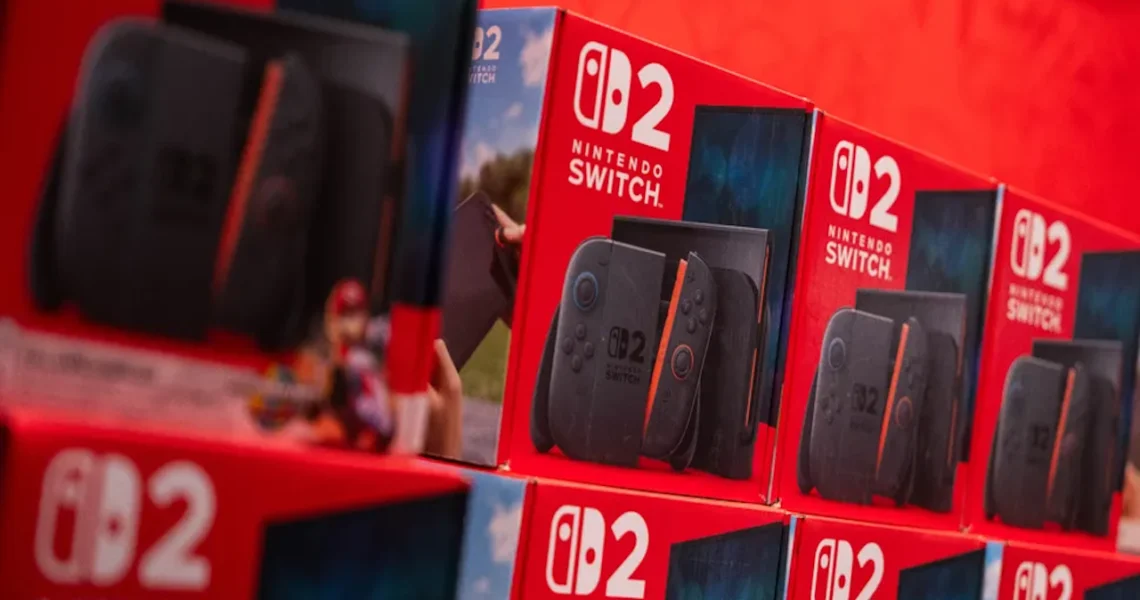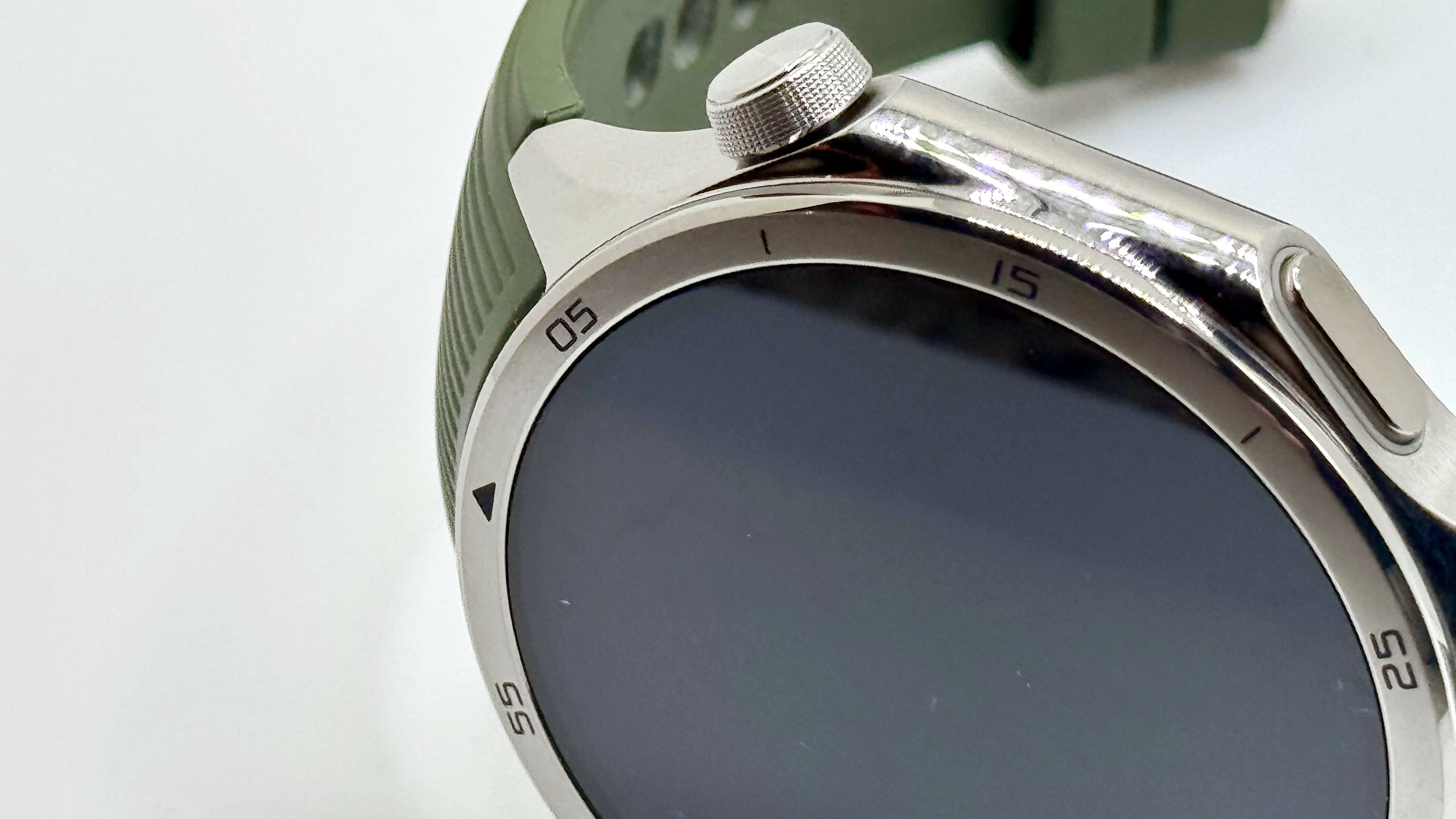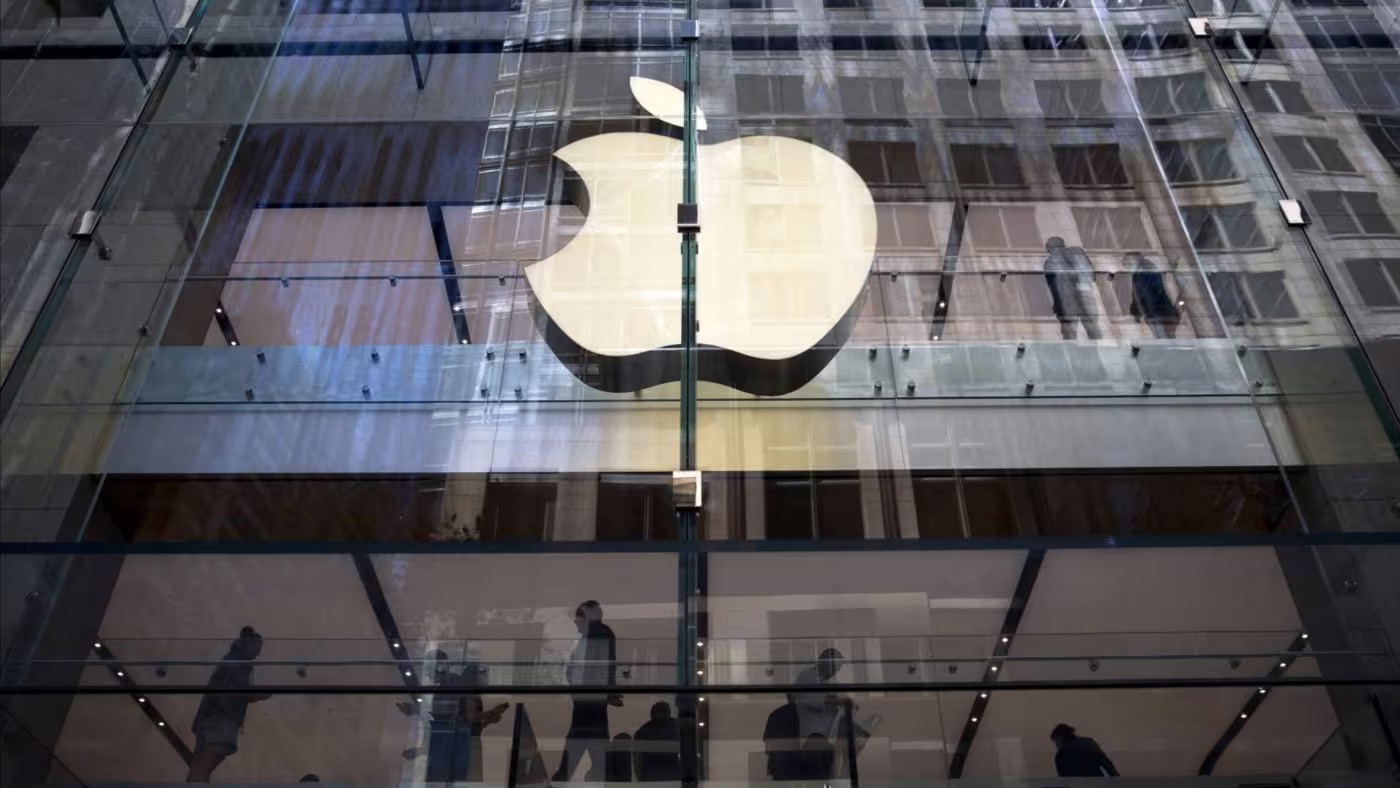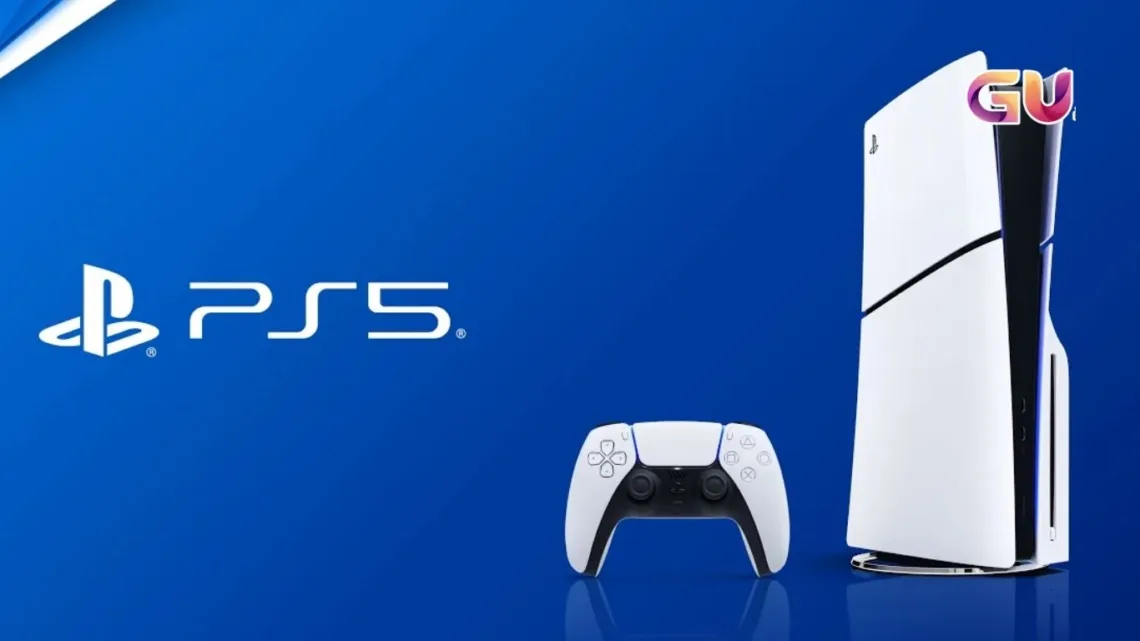Nintendo Switch 2 Ban Reversal: Used Games Piracy
The excitement of unboxing a brand-new console and diving into a library of games is a universal joy for gamers.
However, for one Nintendo Switch 2 user, this excitement quickly turned into a frustrating ordeal. In a surprising turn of events that recently garnered significant attention across online gaming communities, a user reported receiving an immediate console ban from Nintendo shortly after attempting to play used Nintendo Switch 1 games on their new hardware. This incident, shared by Reddit user “dmanthey,” sheds light on the complex challenges surrounding digital rights management and the second-hand game market in the modern console era.
According to dmanthey’s detailed account, the situation began innocently enough. They had acquired four pre-owned Nintendo Switch 1 titles through the popular online platform, Facebook Marketplace. Eager to expand their gaming library on their new Switch 2 console, they proceeded to insert the cartridges. As is common practice with console gaming, upon insertion, the system prompted them to update each game to its latest version. This process seemed unremarkable at the time. The real shock came the following day. When dmanthey powered on their handheld console, they were greeted by an ominous message.
This notification informed them that their console had been restricted from Nintendo’s online services. Furthermore, the ban meant they could no longer even download digital games they had legitimately purchased and owned, effectively crippling much of the console’s modern functionality. This immediate and severe consequence for what seemed like a standard practice in gaming—buying and playing used games—left the user bewildered and concerned about the future of their new device.
Navigating Nintendo Support: A Swift Resolution
While the initial ban was undoubtedly alarming, dmanthey’s experience with Nintendo’s customer support proved to be surprisingly efficient, offering a glimmer of hope for others who might face similar predicaments. Upon discovering the console restriction, dmanthey promptly navigated to the Nintendo Support website. To their pleasant surprise, they were immediately connected with a human representative, bypassing what can often be a frustrating maze of automated systems and chatbots in customer service. This direct line to a support agent was crucial in resolving the issue quickly.
During the conversation, the Nintendo representative confirmed that dmanthey’s console had indeed been banned. The stated reason for the ban was the “use of pirated games.” This revelation provided a critical piece of information, though it also implied a serious accusation against the user. Fortunately for dmanthey, they were well-prepared to address this accusation head-on. They were able to effectively prove their innocence by providing compelling evidence. This evidence came in the form of pulling up the original Facebook Marketplace listing for the games they had purchased. They also provided photos of the physical game cartridges they had legitimately bought.
According to the Redditor, the entire process of engaging with support, presenting evidence, and achieving a resolution was remarkably painless and fast. dmanthey even praised Nintendo’s support, stating it was “so much easier than getting support from Microsoft or Sony,” a sentiment that resonates with many gamers who have navigated the often-complex customer service channels of major tech companies. By demonstrating concrete proof of their good-faith purchase, dmanthey successfully convinced Nintendo that they were an unwitting victim of piracy, rather than a malicious infringer.
This swift reversal of the ban highlights Nintendo’s capacity for discretion when presented with clear evidence, offering a precedent for similar cases. However, other users who commented on dmanthey’s post issued a cautionary note: this quick and positive resolution isn’t always a guaranteed outcome, emphasizing the potential risks involved in acquiring second-hand game cartridges.
Nintendo’s Stance on Intellectual Property and Piracy
Nintendo, as a long-standing and highly influential player in the video game industry, is renowned for its staunch protection of its intellectual property (IP). The company has historically adopted a rigorous stance against piracy, unauthorized modifications, and any activities perceived as infringing upon its copyrights or trademarks. This commitment to safeguarding their games, consoles, and ecosystems is deeply ingrained in their business model, often leading to severe penalties for those caught violating their terms of service.
The company’s protective nature extends beyond simply banning consoles. Nintendo has a history of pursuing legal action against individuals and groups involved in large-scale piracy operations or the sale of circumvention devices. For example, there have been numerous widely reported instances of users receiving console bans for utilizing devices like Mig Switch flashcarts.
These devices enable users to play game ROMs (digital copies of games) on their consoles, even if those ROMs were acquired illegally or circumvent copyright protection. The key point here is that even if a user believes they are only playing “their own ROMs” (i.e., backups of games they legitimately own), the use of such devices often violates Nintendo’s terms of service due to the methods employed to bypass copy protection, leading to swift and harsh repercussions.
It’s a common misconception that getting a console banned by Nintendo effectively “bricks” the device, rendering it completely inoperable. While this is not entirely true in the sense of making the hardware utterly useless, a ban from Nintendo’s online services is a severe consequence that severely restricts the console’s features and overall usability. A banned Nintendo Switch 2 (or any Nintendo console) will be unable to access vital online functionalities. This includes:
- Online Multiplayer: The primary draw for many modern games is often online competitive or cooperative play, which becomes impossible.
- eShop Access: Users cannot browse, purchase, or download digital games, DLC, or updates from Nintendo’s official digital storefront.
- Software Updates: Essential system updates, which often include performance enhancements, new features, and security patches, may become inaccessible.
- Cloud Saves: Cloud storage for game save data, a crucial feature for many players, will no longer function.
- News and Notifications: In-console news feeds and system-level notifications related to games or services are also typically disabled.
In essence, a banned console is relegated to an offline-only device, capable only of playing physical cartridges or existing digital downloads that do not require online verification. This limitation serves as a potent deterrent to other gamers who might even consider engaging in activities that could lead to using a pirated Nintendo title. The company’s strategy is clear: protect intellectual property and discourage piracy through strict enforcement and significant punitive measures.
The Hidden Perils of Buying Second-Hand Games
The incident with dmanthey’s Switch 2 vividly underscores a significant problem in the digital age: the inherent risks associated with buying second-hand physical game cartridges. While purchasing used games has long been a cost-effective way for gamers to expand their libraries, the advancements in digital rights management and anti-piracy measures have introduced new complexities and potential pitfalls for unsuspecting consumers.
The core of the issue lies with unscrupulous sellers. These individuals can acquire a legitimate game cartridge, then utilize specialized hardware or software to copy the game’s data, including its unique identification number (UID), onto another storage medium. This copied data can then be loaded onto easily obtainable devices, such as a microSD Express Card, which can be purchased from various retailers. Once the game information, including its unique ID, is duplicated, the original physical cartridge can then be sold as a “used game” to an unwitting buyer.
The danger arises because Nintendo’s sophisticated anti-piracy systems are designed to detect instances where two copies of the exact same game, sharing the same unique identification number, are loaded and attempting to connect to Nintendo’s online services simultaneously, anywhere in the world. This simultaneous presence of identical game IDs acts as a definitive red flag, signaling to Nintendo that one of these copies is almost certainly pirated. The system cannot determine which copy is legitimate and which is pirated in real-time with absolute certainty from a purely technical standpoint, so it defaults to a punitive measure.
Upon detection of such an anomaly, Nintendo’s automated systems typically spring into action. They will then proceed to ban the specific console where the pirated game’s ID was loaded. This ban immediately disallows that particular console from connecting to Nintendo’s online services. This swift and decisive action serves as a powerful deterrent, not just to the direct perpetrator of the piracy, but also to other gamers who might be contemplating the acquisition or use of pirated Nintendo titles.
The system is designed to create a high-risk environment for anyone involved in the chain of pirated game distribution or consumption, even if they are unknowingly involved, as in dmanthey’s case. This highlights the vital importance of exercising extreme caution when purchasing games from unofficial sources or marketplaces where the provenance of the game cannot be fully verified.
Proving Innocence: A Precedent for Victims
Thankfully, the incident involving dmanthey provides a glimmer of hope and a potential precedent for individuals who find themselves inadvertently victimized by game piracy. It appears that Nintendo is, in certain circumstances, making it easier for those who have been wronged to avoid a permanent ban.
The swift reversal of dmanthey’s ban, contingent upon their ability to show definitive proof that they were duped (e.g., photos of physical cartridges, purchase records from a public marketplace), suggests a degree of flexibility in Nintendo’s enforcement policies. This is a positive development for consumers, indicating that the company is willing to distinguish between malicious piracy and innocent acquisition of compromised software.
However, despite this encouraging outcome, certain ambiguities and questions persist. It remains unclear whether dmanthey can still safely play with the specific used game cartridges they originally purchased, even after their console ban was lifted. It is plausible that Nintendo’s system has flagged those particular game IDs as compromised. Attempting to use them again, especially online, could potentially trigger another console ban, as they would still be recognized as part of a pirated set. This uncertainty places the consumer in a difficult position, potentially leaving them with physical game cartridges that are now unusable or too risky to play.
This situation highlights the ongoing tension between protecting intellectual property and facilitating a legitimate second-hand market. While Nintendo’s robust anti-piracy measures are understandable from a business perspective, the unintended consequences for innocent consumers caught in the crossfire present a challenge. For gamers, the safest course of action remains to purchase games from authorized retailers, whether new or used, where there is a clear chain of custody and a reduced risk of encountering pirated copies.
Until clearer guidelines or technological solutions emerge for the second-hand market, consumers must remain vigilant and aware of the potential risks, even when making what seems like a standard purchase. The experience serves as a stark reminder that in the increasingly digital and interconnected world of gaming, even physical cartridges carry digital fingerprints that can lead to unforeseen complications.
